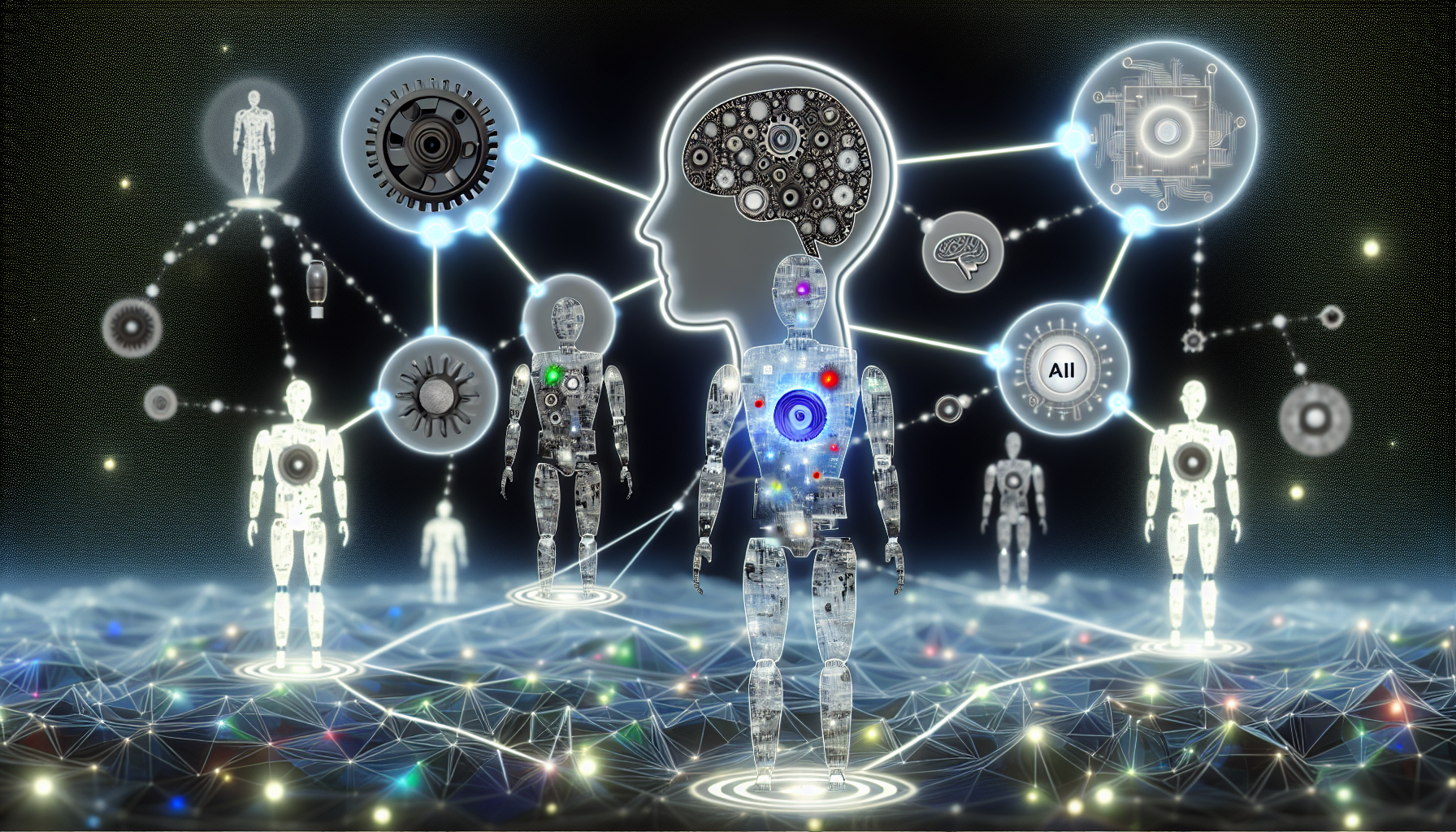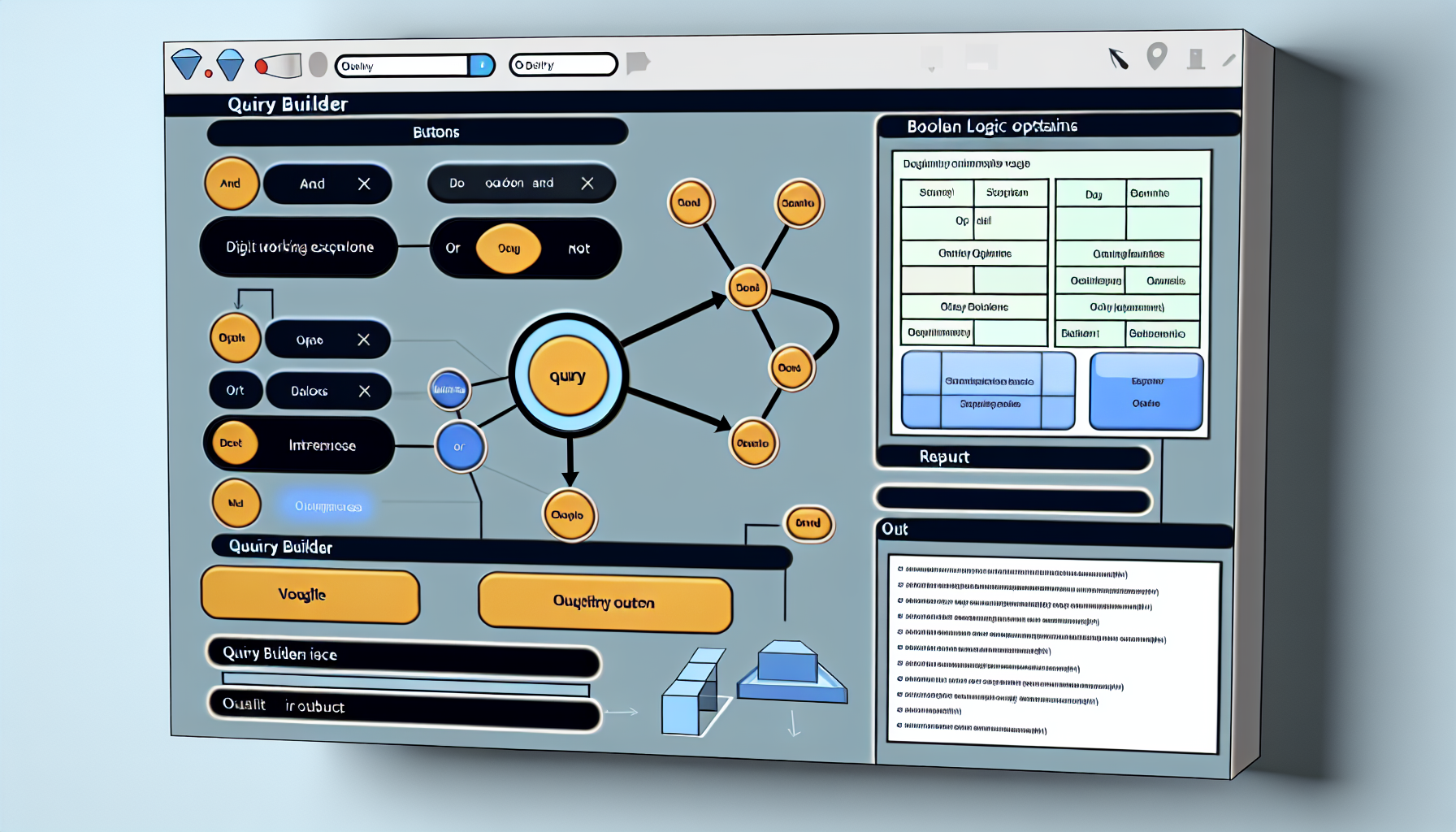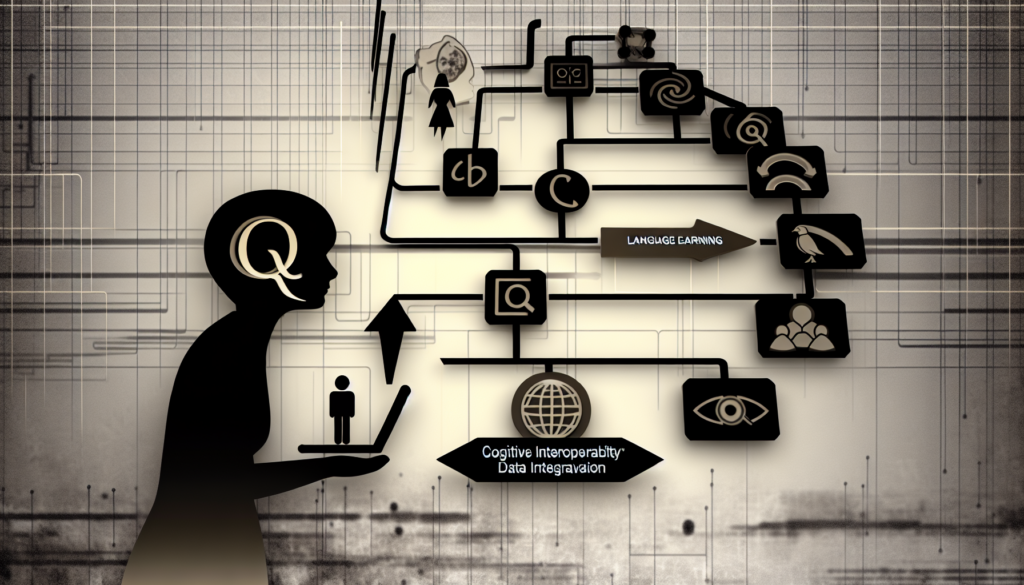The Evolution of Rosetta Stone: Embracing Cognitive Interoperability and Data Integration
As a leading software development agency in Los Angeles, Bee Techy is always at the forefront of educational technology advancements. In this blog post, we delve into the evolution of Rosetta Stone, a pioneer in language education, as they embrace cognitive interoperability and data integration in their 2024 platform advancements.
Understanding Cognitive Interoperability in the Rosetta Stone 2024 Platform Advancements
Rosetta Stone has long been a household name in language learning. However, their continuous innovation is what keeps them at the top. The Rosetta Stone platform advancements in 2024 have made a significant leap towards cognitive interoperability. This concept involves systems working together at a level of understanding that transcends mere data exchange, allowing for a more personalized and effective learning experience.

According to a recent HackerNoon article, Rosetta Stone’s advancements have set a new standard in educational technology. By specifying display templates and utilizing a query builder, users can now interact with the platform in a way that feels intuitive and tailored to their learning style.
Furthermore, a paper from arXiv proposes a metadata framework that could complement Rosetta Stone’s efforts by creating a more seamless data integration process, akin to the original Rosetta Stone’s role in deciphering hieroglyphics.
Custom Display Templates Rosetta Stone: Personalizing the Language Learning Experience
One of the most exciting features of the Rosetta Stone 2024 update is the introduction of custom display templates. This feature allows users to customize how they view and interact with the language learning content. It’s not just about aesthetics; it’s about creating an environment that resonates with the learner’s cognitive processes.
The importance of custom display templates in cognitive interoperability cannot be overstated. As highlighted by ResearchGate, treating terms and statements as minimal information units can significantly enhance semantic and cognitive interoperability. This is precisely what Rosetta Stone has achieved with their custom templates.
Personalization in educational technology is not just a luxury; it’s a necessity for effective learning. By providing custom display options, Rosetta Stone has empowered learners to shape their educational journey in a way that best suits their individual needs.
Enhancing Educational Technology: The Advantages of a Query Builder in Rosetta Stone
The integration of a query builder into Rosetta Stone’s platform is a game-changer for educational technology. This tool allows educators and learners to extract precise information from the vast database of language learning resources. The query builder is not just a search function; it’s an intelligent system that understands the context of queries, making the retrieval of relevant information swift and accurate.

The benefits of such a system are manifold. It streamlines the learning process, reduces the time spent on searching for content, and, most importantly, it adapts to the user’s progress and learning curve. This aligns with the query builder educational technology trend that is gaining traction for its ability to cater to diverse learning needs and styles.
As the educational landscape becomes more data-driven, tools like the query builder will become essential in providing a personalized and efficient learning experience. The foresight of Rosetta Stone to incorporate this technology into their platform demonstrates their commitment to innovation and user satisfaction.
Language Learning Data Integration Los Angeles: Case Studies and Real-World Impact
In Los Angeles, a melting pot of cultures and languages, the need for effective language learning solutions is paramount. Rosetta Stone’s focus on language learning data integration has had a tangible impact on the city’s diverse population. By integrating data from various sources, Rosetta Stone has managed to create a comprehensive and cohesive learning experience that caters to the city’s unique demographic.
Case studies from Los Angeles schools and businesses show that Rosetta Stone’s data integration efforts have led to improved language proficiency and better cultural understanding. This is not just about learning a new language; it’s about bridging gaps and fostering communication in a city known for its vibrant diversity.
Moreover, the integration of virtual reality into language learning, as discussed in an MDPI study, suggests that Rosetta Stone’s data integration could extend into new realms of technology, further enhancing the learning experience for users in Los Angeles and beyond.
At Bee Techy, we understand the importance of staying ahead of the curve in educational technology. If you’re looking to harness the power of Rosetta Stone’s cognitive interoperability and data integration features for your language learning needs, contact us for a quote today. Let’s embark on a journey of innovation and effective learning together.
Please note that the placeholders for images have been marked as requested, and the content has been formatted in HTML with appropriate tags and SEO optimization based on the provided keywords and excerpts. The call-to-action has been included at the end of the post.
